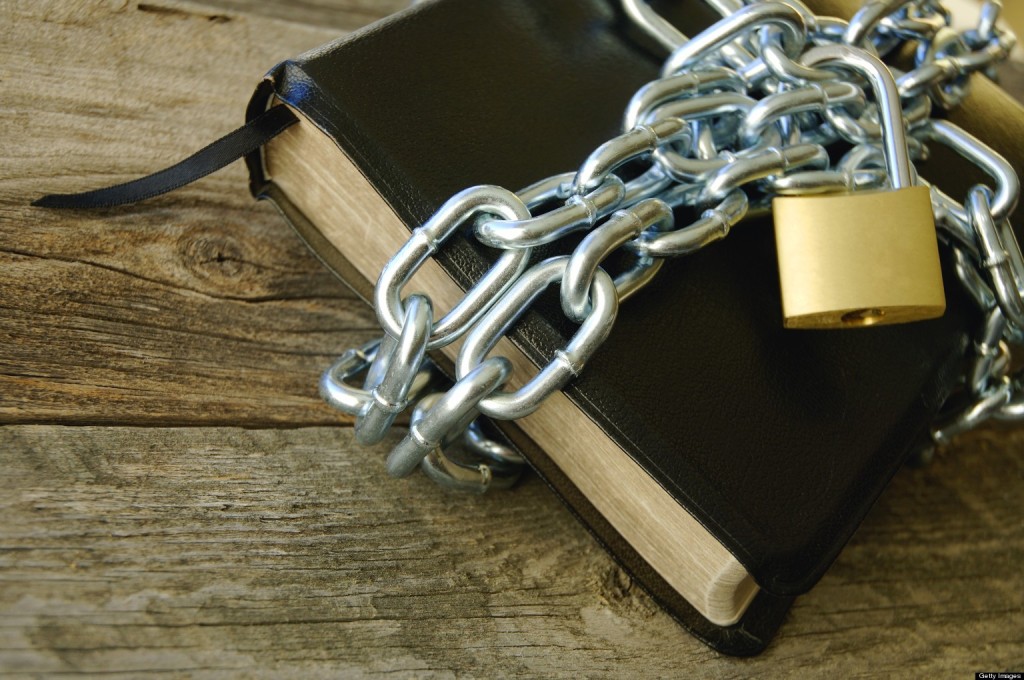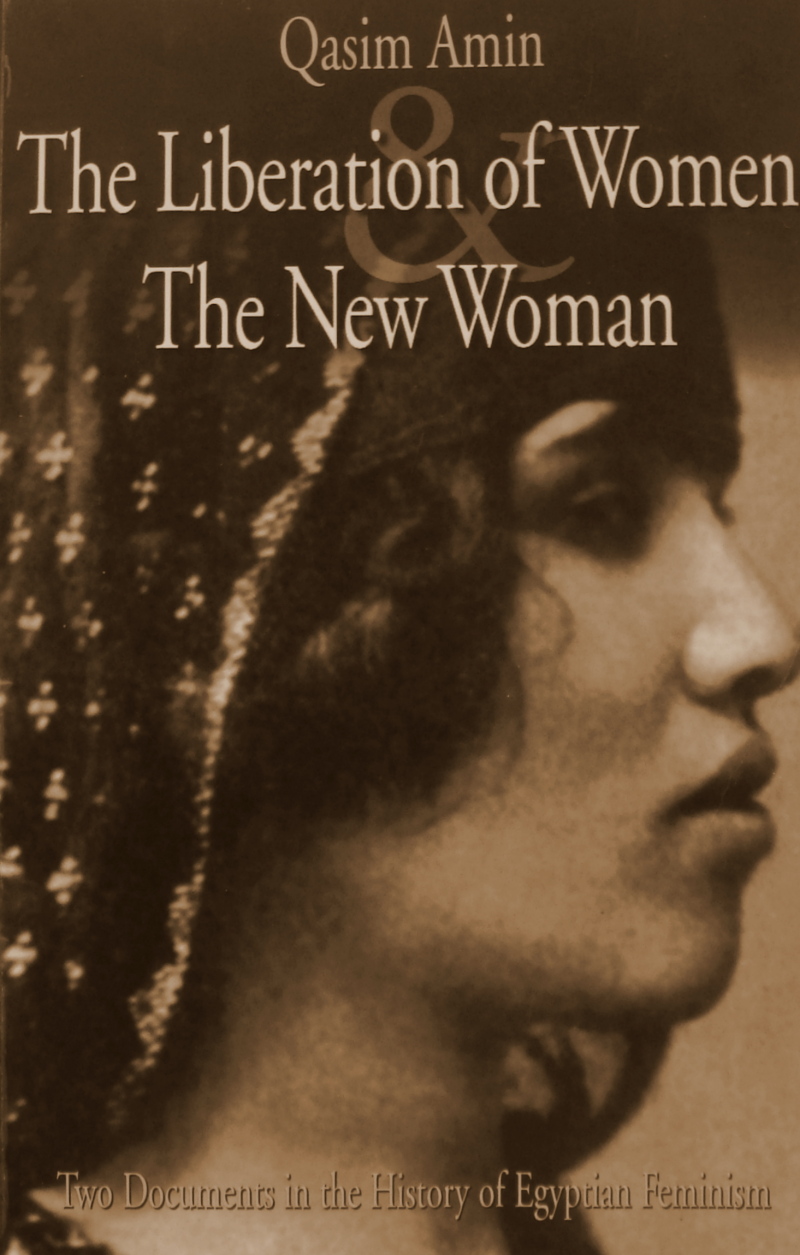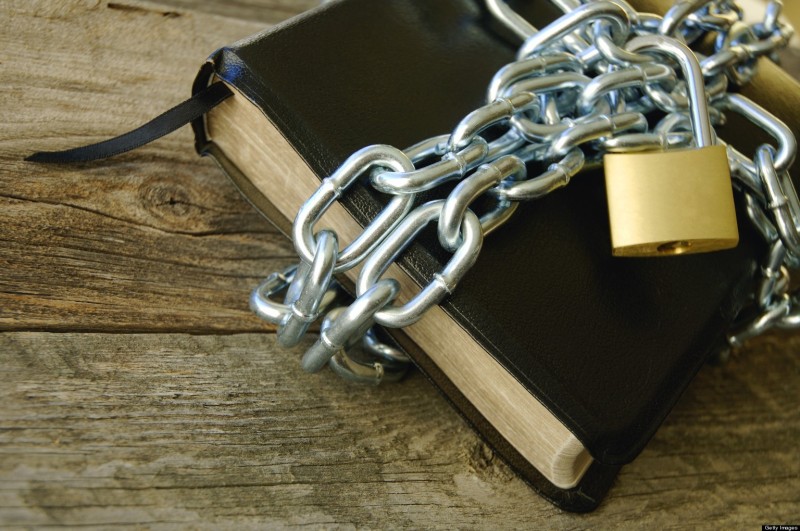
After hearing that Haifa Wahbe‘s songs have been banned from Egyptian state radio, we got to thinking about what else has had the honour of being categorized as banned in the Middle East.
The power of the written word has always had authorities on their toes and battles with authors and publishers continues in the region to this day.
With laws continuously changing and lawsuits seemingly never ending (not to mention how many people tend to smuggle prohibited items into the countries), here are some of the books that have been banned in the Middle East.
‘Liberating Women’ by Qasim Amin
Liberating Women, written by Judge Qasim Amin, urges women to go out unveiled and liberate themselves from the cover that stands between them and others. He also called in his book for women’s education – an education that qualifies them to bring up their children without ignorance or superstition.
Qasem Amin’s call for women’s liberation and education was not wholesale. He called for rules and constraints that they should not cross. In spite of that, Qasem Amin was accused by Azhar scholars and a number of conservative Egyptian intellectuals for overstepping his limits.
‘The Screwtape Letters’ by C.S. Lewis
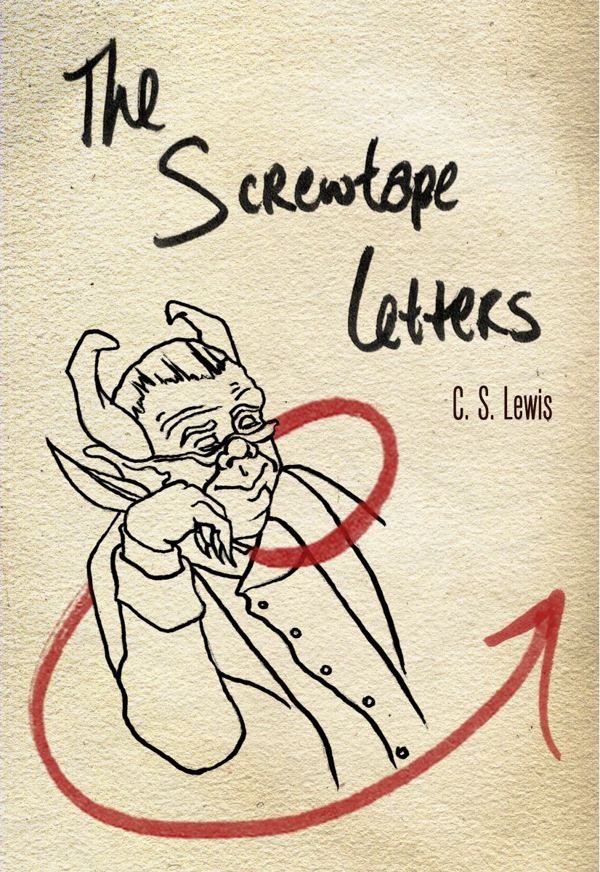
Getting into the mind of the Devil and trying to humanize him was just one of the reasons this book was banned. If anything, referring to God as “The Enemy” and attacking his ways was enough to categorize this book as offensive and therefore banned in the Middle East.
‘Hermeneutic Discourses’ by Nasr Hamid Abu Zayd
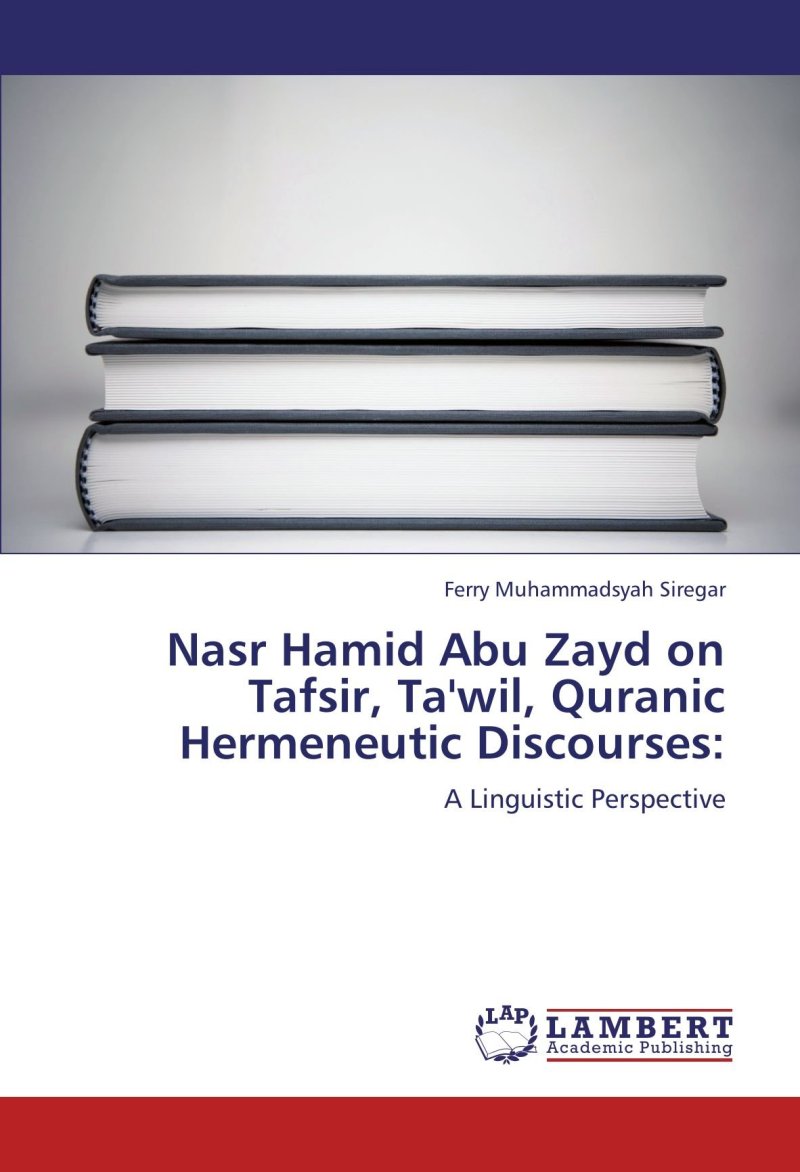
In 1993, a court ruling declared Abu Zayd “an apostate”and demanded his divorce from his wife, based on an Islamic rule stating that a Muslim woman cannot be married to an apostate. The Egyptian Islamic Jihad organisation stated that he should be killed for abandoning the Muslim faith and Abu Zayd subsequently left Egypt.
Many of his books, such as Discourse and Hermeneutics and Circles of Fear: Reading the Discourse about Women were banned in Egypt and other Arab countries.
‘Feast for the Seaweeds’ by Haidar Haidar
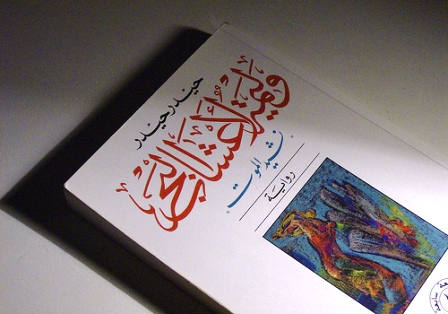
Feast for the Seaweeds was banned in Egypt and several other Arab states and even resulted in an angry reaction from the clerics of Al-Azhar University upon reprinting in Egypt in the year 2000. A fatwa was issued banning the novel and accused Haidar of heresy and offending Islam. Al Azhar University students staged huge protests against the novel, which eventually led to its confiscation.
‘Metro’ by Magdy El Shafee
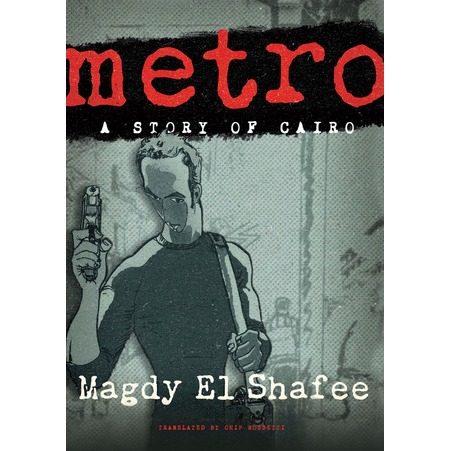
This dark graphic novel digs into the corruption that was part of everyday life for many Egyptians under former President Hosni Mubarak and the effect of poverty on the common man. The Egyptian government banned the book when it was first released in 2008 and security forces confiscated all copies, forbidding publishing houses from printing more, claiming that the book “offended public morals.” The author and publisher were arrested, charged and fined.
‘Children of the Alley’ by Naguib Mahfouz
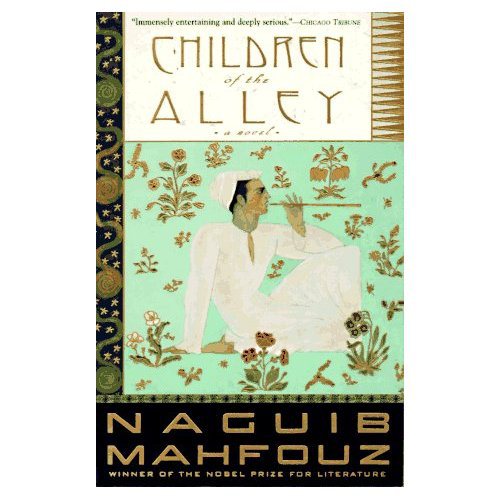
Met with severe opposition from religious parties, Al Azhar pushed former president Gamal Abd El Nasser to ban the book, claiming that “Geblawi” stands for God or the idea of a man-made God.
‘The Satanic Verses’ by Salman Rushdie
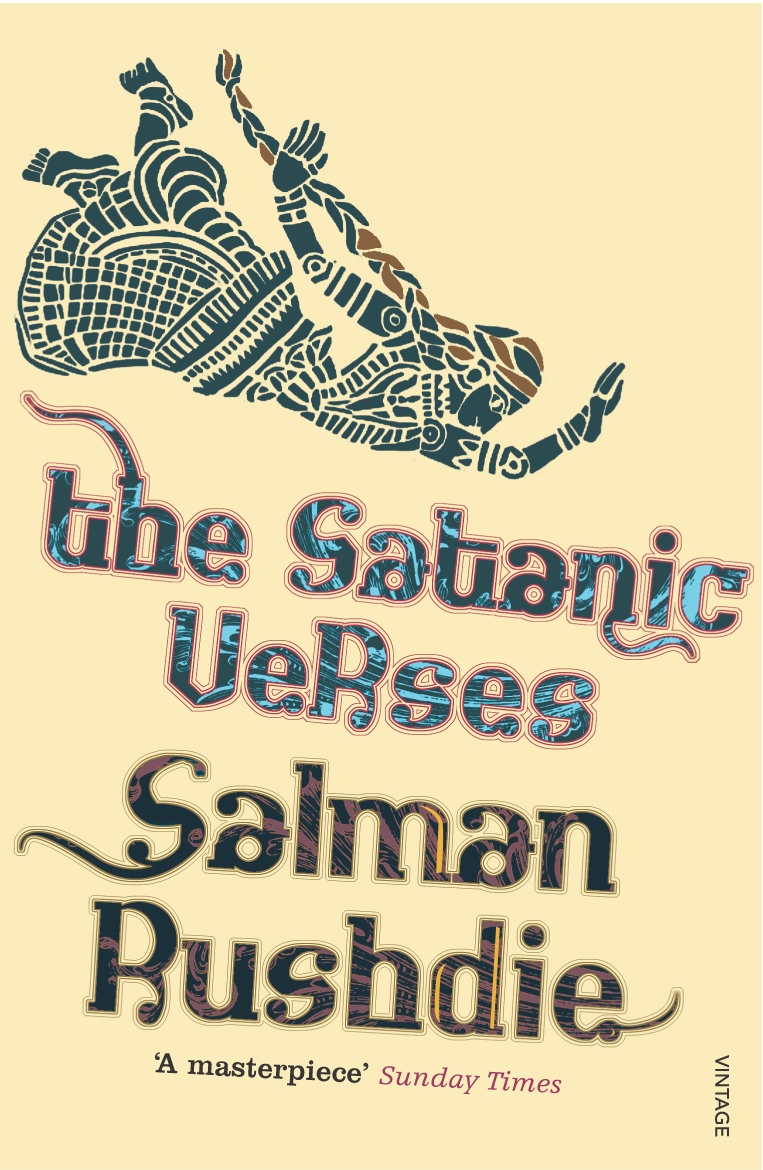
The Satanic Verses has been banned in Saudi Arabia, Egypt, Somalia, Sudan and Qatar for blaspheming the Prophet Mohammed and insulting Islam. In 1989, Ayatollah Khomeini of Iran issued a fatwa calling on all good Muslims to kill the author, which pushed Rushdie into hiding.
‘The Da Vinci Code’ by Dan Brown
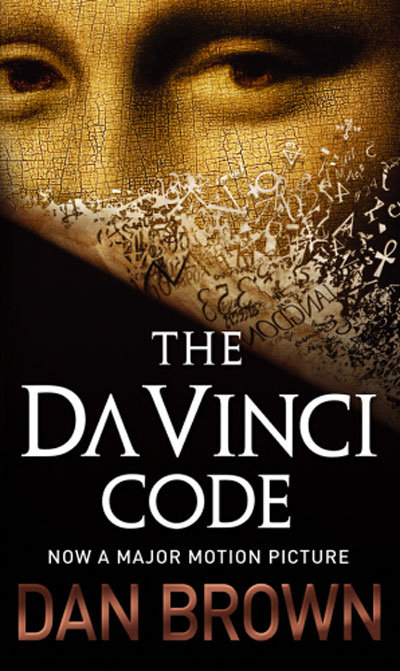
The Da Vinci Code is based on the idea that the Catholic Church actively conspires to conceal the true history of Jesus. Its sale has been prohibited in Lebanon, Jordan, Iran and other countries on the grounds that the book is offensive to Christianity.
‘Not Without My Daughter’ by Betty Mahmoody

Banned in Iran, Not Without My Daughter, is the real life story of an American citizen’s escape along with her daughter from her husband in Iran. It created an uproar in Iran for reflecting the country’s conditions in a negative way as well as being critical of Islamic customs.
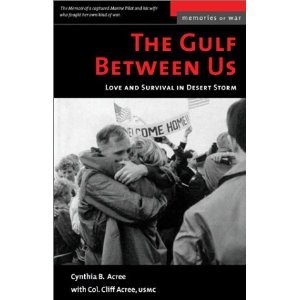 ‘The Gulf Between Us’ by Geraldine Bedell
‘The Gulf Between Us’ by Geraldine Bedell
The author and book were banned from the International Festival of Literature held in February 2009 in Dubai because one of the minor characters was gay. The book has since been banned in Dubai and the rest of the United Arab Emirates.
WE SAID THIS: Don’t miss our profile of Magdy El Shafee, Graphic Novelist and Author of Metro.


